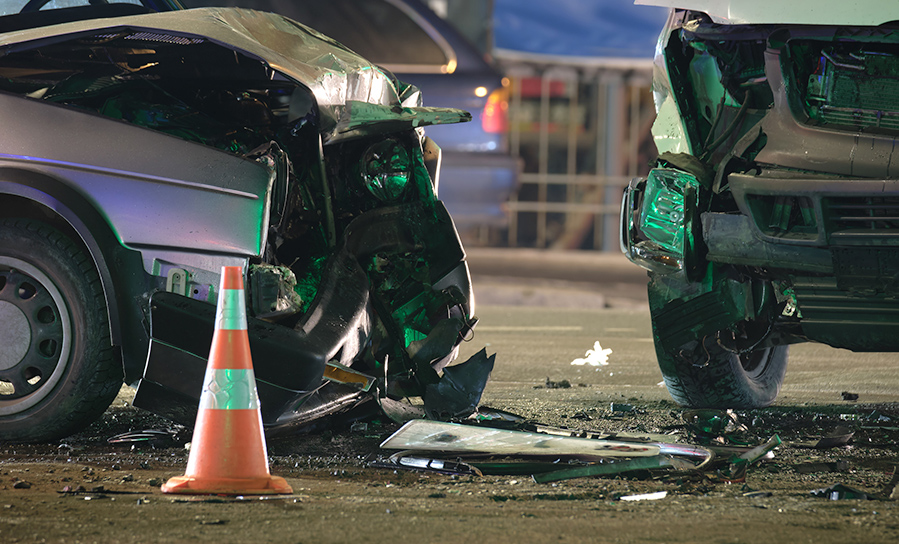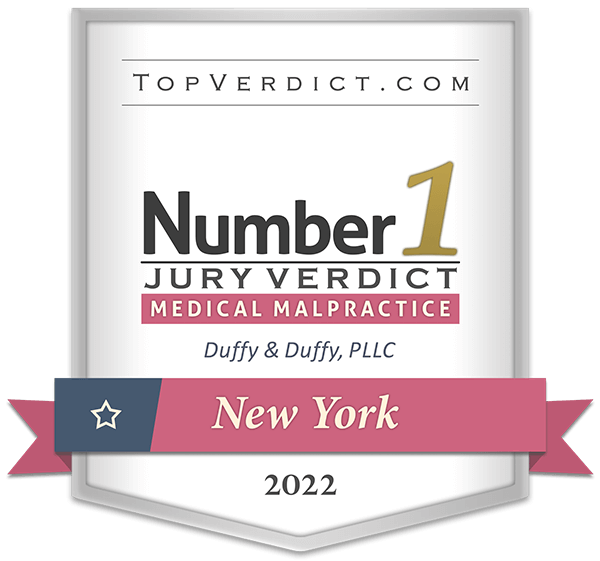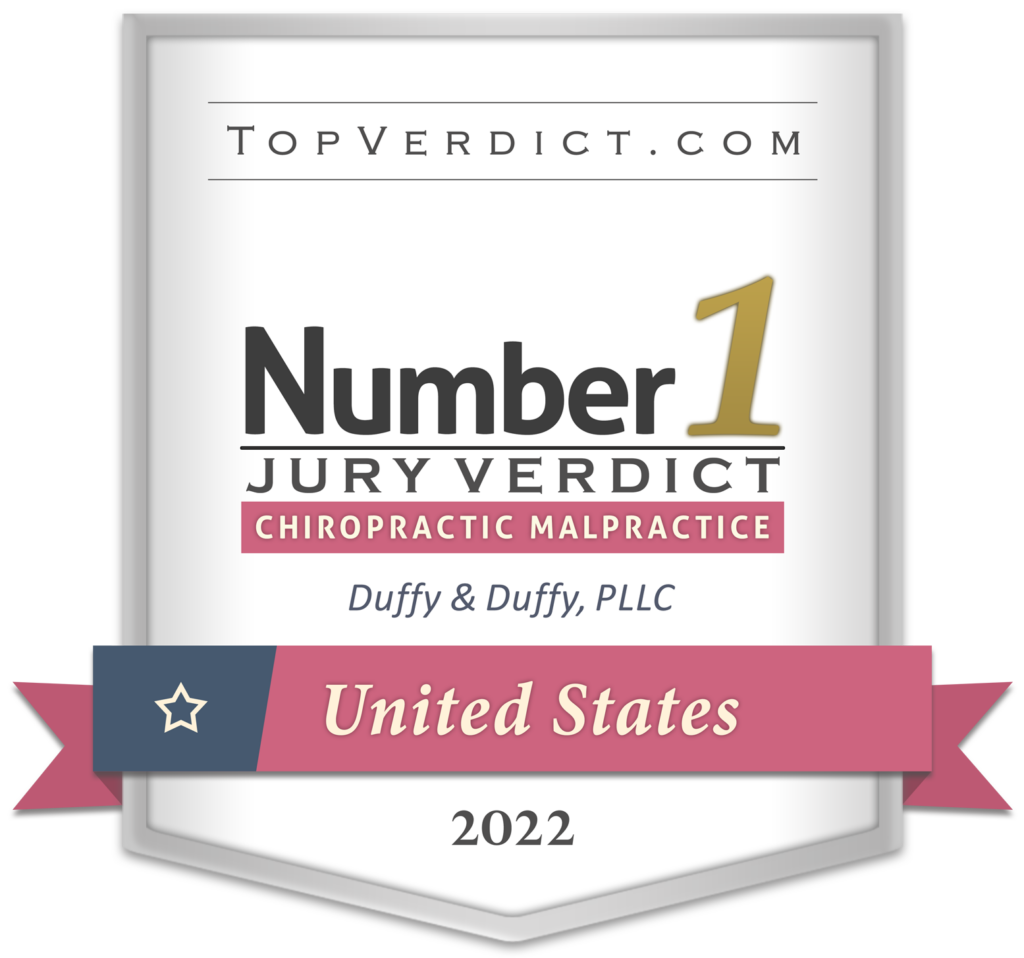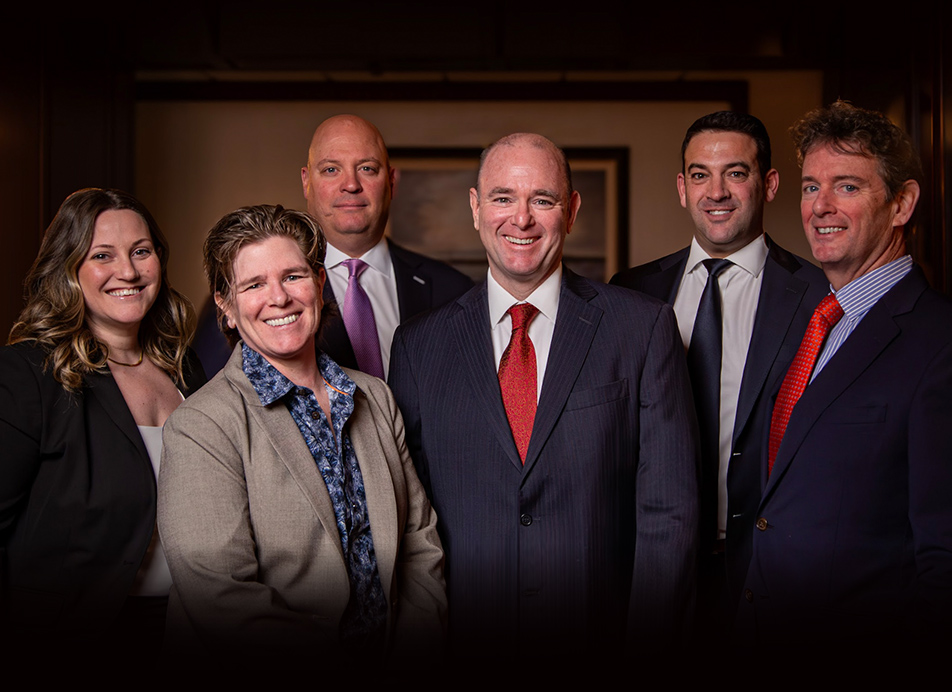Table of Contents
- 1 Let our skilled injury lawyers help.
- 2 Assessing Your Safety and the Safety of Others
- 3 Information You Should Obtain Following A Car Accident
- 4 Dealing with Vehicle Damage
- 5 Understanding Your Rights and Legal Obligations
- 6 When to Contact an Attorney After an Auto Accident
- 6.1 How Do I Handle Interactions with Witnesses or Bystanders at the Accident Scene?
- 6.2 Should I Seek Medical Attention Even if I Don’t Feel Injured After a Car Accident?
- 6.3 When Should I Contact My Insurance Company After a Car Accident?
- 6.4 What is the Statute of Limitation for Car Accidents and Legal Procedures?
- 6.5 What are Some Common Mistakes to Avoid After a Car Accident?
- 7 Final Thoughts
Being involved in a car accident can be a horrifying situation for all parties involved. It could also result in possible legal action depending on the severity of the injuries or damages resulting from the incident. You’re probably asking yourself what to do right after a car accident, and this guide will show you the proper steps and procedures you can follow.
We’ll discuss how you can assess your safety and the safety of others and whether or not it’s a good idea to call the police after a car accident. We’ll also discuss dealing with vehicle damage and how you can document the overall situation, which can be one of the crucial steps for insurance claims or potential legal cases. Now, look at everything you need to know about what to do right after a car accident.
Assessing Your Safety and the Safety of Others
After a car accident, it’s essential to ensure everybody is okay. If you can, you want to pull over to a safe area so you do not risk getting caught up in the middle of traffic or, worse, being hit by oncoming cars. If there are any injuries, you must dial 911 as soon as possible. It is crucial to make sure that you get as much information as you can while you’re communicating with dispatchers.
For example, the dispatcher will ask about any injuries involving yourself, your passengers, or other parties involved. This will ensure proper emergency services are deployed to the accident site. Most of the time, the police typically arrive on the scene before emergency medical services. From there, you must give them your statement of the situation truthfully and accurately.
Should I Call the Police After a Car Accident?
Many may be concerned about whether or not the police should get involved after a car accident. It is highly recommended that you do so, mainly if injuries or significant damage occur. Not only that but filing a police report will ensure that your insurance claims and legal proceedings will be easy to navigate because you have official documentation from law enforcement.
In addition, witness statements could also be needed as you are filing your insurance claim or, if required, taking further legal action. If it’s simply a minor fender-bender accident, the police may not need to be called. At that point, you and the other driver involved can exchange insurance information and go from there.
Information You Should Obtain Following A Car Accident
Senior Trial Attorney Frank Torres shares information you should do after a car accident. Contact our attorneys at (516) 394-4200 if you seek justice after your car accident.
Dealing with Vehicle Damage
As we mentioned earlier, you should move your vehicles to a safe location if they are still drivable. Once you are in a secure area, turn on your hazard lights. In addition, consider setting up warning triangles or flares to let people know they are approaching an accident scene. Afterward, you should take photos of the accident scene.
While taking these photos, it is essential to document any vehicle damage and, if necessary, any injuries. This documentation will be helpful when you need to file an insurance claim or pursue other legal avenues. Without this crucial documentation, the claims process or even your case may be one of the biggest challenges for all parties involved, whether to be heard in a court of law or settled.
Documenting the Accident – Should I Take a Picture?
The short answer is yes. To provide a longer answer, you must take photographs and videos of the accident and any vehicle damage or injuries. This is the kind of evidence that will be needed for any insurance claims or legal cases. When documenting the accident, you want to make sure that you capture various angles of the scene with photos and videos.
These include but are not limited to vehicle positions, specific damage to the vehicles, or any visible injuries you may have. The more you document, the stronger you may be building a case for not only an insurance claim but any possible legal action you may plan on taking. In the event of any injuries, you may face the prospect of medical expenses. From there, it is crucial to make sure that you document any visible injuries accurately and truthfully.
The evidence that you must document should be irrefutable. It can be enough to ensure that the case works out in your favor. The attorneys of Duffy and Duffy will work with clients to make sure you have the proper documentation to make sure your case is solid. We will fight for you on your behalf to make sure that your documentation gives you the favorable judgment that you deserve.
Our experienced attorneys have worked with accident victims since 1996. We believe that documenting the accident to prove liability is vital in helping you with your case. It is what we have recommended for every client. We have been successful in settling cases outside of the courtroom and made sure our clients got the fair judgment fit for them.
Understanding Your Rights and Legal Obligations
It’s important to note that you have rights and legal obligations, especially in an automobile accident, regardless of whether it is your fault. It is essential to avoid admitting fault or making statements that could be used against you in a potential legal proceeding. With this in mind, please exchange any contact and insurance information (for liability claims) with the other drivers involved. If police are on the scene, you must provide accurate and truthful information.
Please note that you can answer questions about the incident. If you are uncomfortable answering specific questions, you can let law enforcement know that you can answer this question in the presence of your lawyer. Even though this isn’t a criminal case, most of the time, as we’ve mentioned before, you may make statements that could be used against you.
One thing to note is that in various jurisdictions, if you operate with a suspended license, you could be at fault for an automobile accident, even if it wasn’t your fault. For this reason, consider consulting with an attorney who may handle your case.
What Information Should I Exchange With The Other Driver Involved?
So what information should you exchange with the other driver? Here’s what we suggest:
- Full name and contact information – including phone numbers and address
- Driver’s license numbers
- Vehicle registration and license plate numbers
- Insurance company names and policy numbers
As you’re exchanging this information, you must double-check that your information is accurate before handing it over to the other driver. Likewise, the other driver must do the same. Precise information will ensure a smooth process regarding the insurance claims. However, any inaccurate information procured as evidence in a court of law could be an issue for one of the parties involved. Once again, we highly stress that any information you provide, be it with law enforcement or the other drivers involved, must be accurate.
When to Contact an Attorney After an Auto Accident
After being involved in a car accident, you may be concerned about when you should contact an attorney. You should consider doing so if there are any injuries, significant damage, or disputes over liability. Hiring an experienced attorney who is involved in auto accidents or even personal injury related to them will help guide you through the legal process. At the same time, they will also protect your rights.
As you look for an attorney, it is crucial to make sure that you find someone who is experienced in car accidents and personal injuries relating to them. Such attorneys will ensure you are compensated fairly to cover any medical expenses, damages, and other expenses incurred by the accident. When looking for an attorney or law firm, look at any reviews of car accidents.
This is because you want to work with an attorney who may have a specialty in car accidents or personal injuries. They will also work with your insurance company and the insurance company of the parties involved to ensure that the liability is fair and just. Most of the time, you can consult an attorney for free to determine whether or not the accident may be enough to pursue possible legal action.
How Do I Handle Interactions with Witnesses or Bystanders at the Accident Scene?
If there are any witnesses or bystanders at the accident scene, you want to ensure you obtain any contact information they may have witnessed. Again, it is crucial to ensure that you do not discuss faults or make statements that could be used against you if such a legal case arose. This witness testimony will provide a strong case should you consider approaching the legal route. Bear in mind that the innocent bystanders may be questioned by investigators if necessary. They may also be witnesses if such a case goes to trial.
Regardless, you want to make sure that you collect as many witness statements as possible. This will solidify any potential insurance liability claims you may have. At the same time, when more witnesses see what you’ve experienced, it may be easier to determine who may be at fault for the accident itself.
Should I Seek Medical Attention Even if I Don’t Feel Injured After a Car Accident?
Even though some injuries may not be apparent immediately, you are highly advised to get checked by a medical professional after a car accident. This is because you may be seeking medical attention to document the condition after the incident. You may not be experiencing pain now, but you may in the not-so-distant future. Your recovery will also be vital as you may face medical expenses.
Even though you may not feel injured, take the necessary precautions and get checked by a medical professional as soon as possible. The sooner you can do this, the better. Be sure to have documentation handy for any medical visits after the accident. This could help you regarding being compensated if the accident’s aftermath involves legal action.
If you are injured in an accident, seeking medical attention immediately will be necessary. Injuries severe enough could put you out of work for a lengthy period. On top of that, you may need financial assistance as you are recovering. If you miss work, it means lost wages, which could lead to economic hardships for the foreseeable future.
In this regard, you must make sure that you consult with a car accident attorney to see if a legal case is possible. Be sure to procure the information that you have documented after the accident. This includes any photos, videos, or medical documentation if you have been diagnosed with any injuries linked to the accident. A car accident attorney will recommend that there should be proof that liability exists.
From there, working on a settlement with the other party may be crucial, assuming they are at fault. Most of the time, legal actions related to car accidents are typically settled out of court. Finding a car accident attorney with plenty of experience will help you negotiate the best compensation for any money lost due to missed work, medical expenses, damage repair, etc. An attorney specializing in car accidents will ensure you receive the fairest and most just judgment possible.
When Should I Contact My Insurance Company After a Car Accident?
After a car accident, you must contact your insurance company as soon as possible to report it. Once again, you must provide accurate details about the accident. You must also avoid admitting fault during the claims process, as it can make things more challenging. When contacting your insurer, follow the instructions when filing a claim. You must make sure that you double-check the information before providing it to them, as it can help with the compensation you could receive from them.
It’s important to note that insurance policies can be challenging to navigate. That’s why you want to understand your policy. You want to review the coverage limits, deductibles, or what could be excluded or limited from your policy. Contacting an insurance adjuster to investigate your claim will ensure you get the best compensation possible. Please note that the adjusters work for the insurance company and could prioritize minimizing payouts instead of fully compensating you.
For this reason, you want to make sure that you have an experienced attorney on your side. The insurance companies may not compensate you fairly. That is why an attorney can handle all communications and negotiations with insurance adjusters. Meanwhile, they will ensure that your rights are protected so you receive fair compensation for the damages done.
What is the Statute of Limitation for Car Accidents and Legal Procedures?
The statute of limitation for car accidents and related legal proceedings may depend on the jurisdiction. In New York, one has three years from the accident date to file a personal injury lawsuit. After the accident, there is a race against the clock. If you are pursuing potential legal avenues, this could be one more reason you should have a lawyer in your corner to ensure you get the compensation needed to cover any lost wages, medical expenses, etc.
What are Some Common Mistakes to Avoid After a Car Accident?
In the aftermath of a car accident, you may make one or a few of these common mistakes. To know what these are, pay attention to the following:
- Admitting fault at the scene: A car accident can cause shock and confusion simultaneously. For this reason, many people may mistakenly acknowledge that it is their fault. They may also make statements that could be considered an admission of guilt. You’ll want to avoid this, as it may be used against you in the claims process or legal proceedings.
- Failing to document the scene: No documentation can lead to a “he said, she said” situation. This will make it even more challenging to establish liability and even the extent of the damage. With this in mind, please make sure that you take photos or videos, gather any witness statements if necessary, and make sure that a police report is filed. Whether it is a minor or significant accident, documenting the scene will make things easier for all parties involved.
- Neglecting medical attention: Injuries such as whiplash or internal bleeding may not be apparent immediately after an accident. That is why you must seek medical attention regardless. Failure to do so means putting your health at risk. At the same time, the more you wait, the more challenging it will be to link any injuries to the accident, especially when pursuing compensation later.
- Providing recorded statements without an attorney: You could give a recorded statement to insurance adjusters upon their request. However, there is a caveat. The recorded statements could be used against you. For this reason, you will need to consult with an attorney before you provide a recorded statement to the adjuster.
- Accepting the first settlement offer: Insurance companies could lowball the initial offer, assuming the victim may consider it enough. They’re relying on your desperation or lack of understanding about the actual damages. For this reason, you want to have an attorney in your corner to help evaluate the fairness of a settlement offer while negotiating what could be appropriate for your financial situation.
- Missing deadlines and statutes of limitations: Once again, we should stress that after an accident, it is a race against the clock when it comes to filing a claim or even legal proceedings. Please check the statute of limitations in your jurisdiction regarding personal injuries in a car accident. If you complete all these critical deadlines, your case could be dismissed regardless of the merits.
Final Thoughts
We hope that you found this guide helpful. Please use it as a reference in the event that you have been involved in an accident. This includes documentation, exchanging information, and making sure you get the medical care you need, even if the injuries are not apparent immediately. It is also important that you consult with a lawyer as soon as possible.
This means that legal proceedings are possible whether you have been injured or have dealt with severe damage to your vehicle. Duffy and Duffy have worked with personal injury clients who have been involved in vehicle accidents, and they have been awarded substantial amounts of money to help cover any costs from medical expenses, vehicle damage, and other damages.
They are experienced and will be there for you whenever you need them. For more information, visit Duffy & Duffy at 1370 RXR Plaza in Uniondale, New York, or call them at 516-394-4200.











